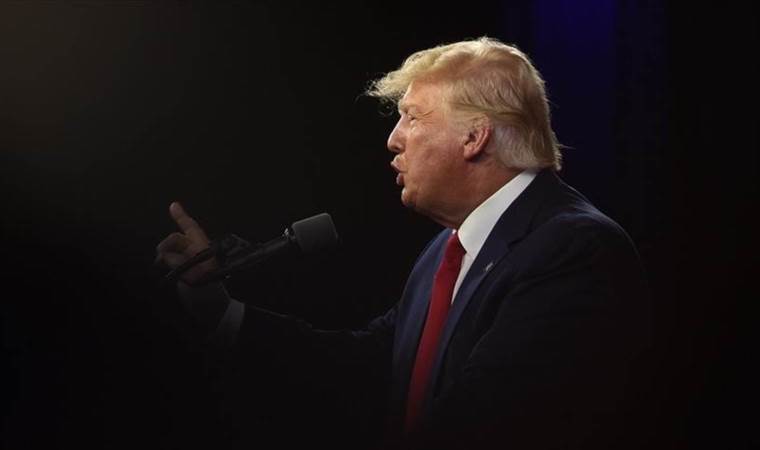Trump vows day one tariffs on China, Canada and Mexico over fentanyl, immigration
US President-elect Donald Trump vowed Monday to impose tariffs on Canada, Mexico and China via executive orders he plans to sign on his first day in office in retaliation for what he says is their involvement in the flow deadly fentanyl and migrants into the United States.

"On January 20th, as one of my many first Executive Orders, I will sign all necessary documents to charge Mexico and Canada a 25% Tariff on ALL products coming into the United States, and its ridiculous Open Borders," Trump said in one of a series of posts on his Truth Social network.
"This Tariff will remain in effect until such time as Drugs, in particular Fentanyl, and all Illegal Aliens stop this Invasion of our Country! Both Mexico and Canada have the absolute right and power to easily solve this long simmering problem," he added.
In a separate post directed at China, Trump said he would impose a 10% tariff "above any additional Tariff" on imports coming to the US, again citing fentanyl and other illicit drugs.
"I have had many talks with China about the massive amounts of drugs, in particular Fentanyl, being sent into the United States – But to no avail," he said.
"Representatives of China told me that they would institute their maximum penalty, that of death, for any drug dealers caught doing this but, unfortunately, they never followed through, and drugs are pouring into our Country, mostly through Mexico, at levels never seen before," he added.
Canada, Mexico and China represent the top three US trading partners respectively. Combined, they account for a whopping $831.20 million in US trade, according to the office of the US Trade Representative.
During his first term, Trump pressured Mexico and Canada to renegotiate the North American Free Trade Agreement, securing a revised deal with the nations. It is unclear if they would allow for further talks on the agreement.
He separately began a trade war with China that continues to this day after President Joe Biden largely left many of the tariffs from Trump's first term in place and raised others in September, including on EV vehicles, solar panels and electric car batteries.
